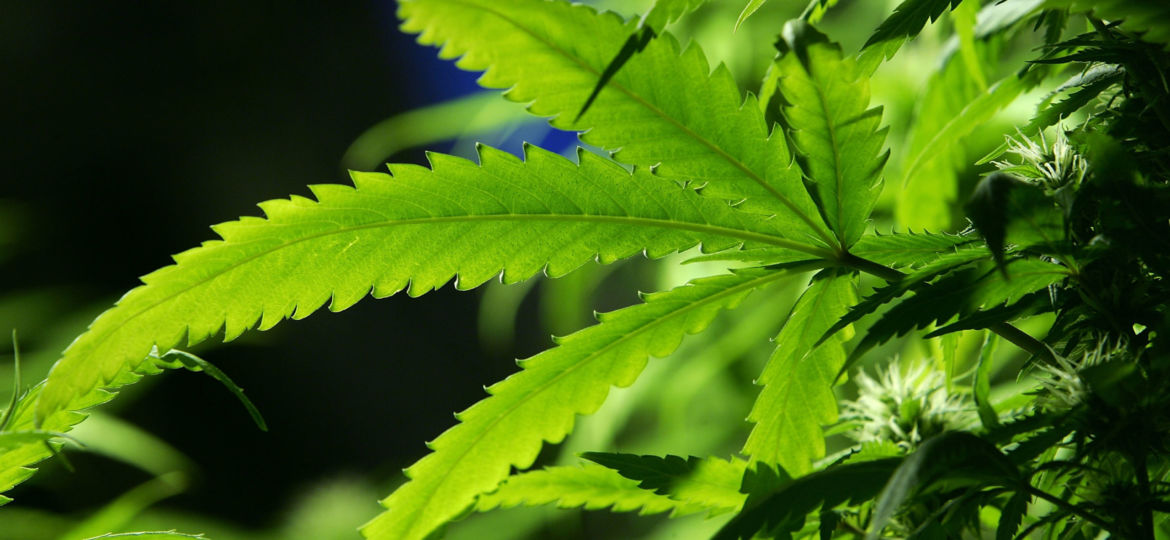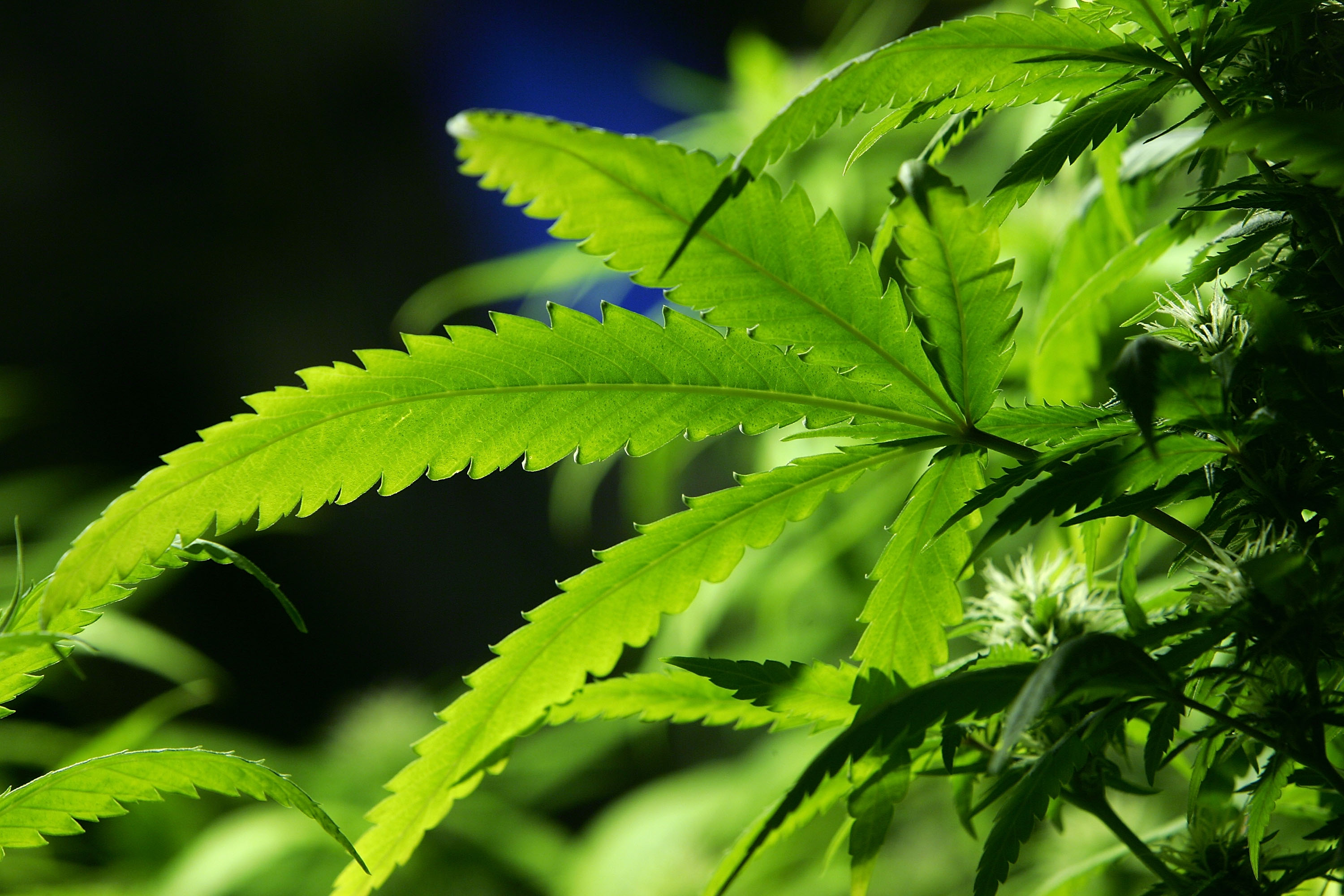
The U.S. House passed the Marijuana Opportunity Reinvestment and Expungement (MORE) Act 220-204 Friday, which would legalize and decriminalize marijuana at the federal level by removing it from the Controlled Substances Act, sending the bill to the Senate.
Representative Jerry Nadler, a New York Democrat who sponsored the bill, called it in a statement prior to the vote “long overdue legislation that would reverse decades of failed federal policies based on the criminalization of marijuana. It would also take steps to address the heavy toll these policies have taken across the country, particularly among communities of color.”
The bill could have difficulties passing the Senate, as the last time the House passed a legalization bill it was not taken up for debate within the Senate, and some Democratic Senators including Chuck Schumer and Cory Booker are set to introduce their own legalization bill this year, Forbes reported.
Several Representatives cited in floor speeches that marijuana legalization is a relatively popular public issue by referencing polling in recent years that has indicated a majority of the public supports the legalization or decriminalization of marijuana.
Medicinal marijuana has been legalized in 38 states and Washington, D.C., while 18 states and D.C. have legalized adult recreational use, according to a February report from Insider.
“That is why the MORE Act would set a new path forward and would begin to correct some of the injustices of the last fifty years,” Nadler said. “…This change applies retroactively to prior and pending convictions. It does not, however, undermine the ability of states to apply their criminal laws to marijuana or to legalize and regulate it, as they see fit.”
The bill was only opposed by two Democrats, Henry Cuellar and Chris Pappas of Texas and New Hampshire, respectively, while three Republicans—Matt Gaetz and Brian Mast of Florida, and Tom McClintock of California—broke with the rest of their party and voting in favor, Newsweek reported.
Forbes also reported that the legal marijuana industry generated $25 billion in sales in 2021, an increase of over 40 percent from the 2020 sales as legalization spread to more states.
“The fact that the House has repeatedly passed the MORE Act is indicative of the cannabis policy movement’s evolution and the growing momentum toward comprehensive reform at the federal level,” Toi Hutchinson, President and CEO of the Marijuana Policy Project, said in a statement to Newsweek. “While this is historic in nature and warrants praise, it is necessary to also recognize that the fight is still far from over.”
“To this day, people across the country are still experiencing the damaging effects of the war on cannabis, while others are profiting in the industry. Following today’s action in the House, it is now time for the U.S. Senate to follow suit and take up the MORE Act. We at the Marijuana Policy Project remain committed to ending cannabis prohibition for all and will continue to fight until that becomes our reality.”
Republicans who opposed the bill said prior to the vote that they still consider marijuana to be a “gateway drug” that leads young people to more lethal drugs, Forbes reported. They also said that legalizing the drug while also placing a tax on it would mean that many people could still get the drug through illegal sources that would still allow drug cartels to make money.
Nadler countered those claims with the idea that legalized marijuana would mean cartels no longer have a “monopoly” in many states, which could lead to safer distribution of the drug.
On the state level, six states are set to introduce new measures regarding its usage in 2022. And just a few weeks ago, Marijuana Business Daily (also known as MJBizDaily) reported Thursday that many cannabis industry executives have seen the correlation between marijuana sales and COVID restrictions easing in the U.S.
Update 4/1/22, 2:25 p.m. ET: This article has been updated with additional information.

Christopher Furlong/Getty Images

